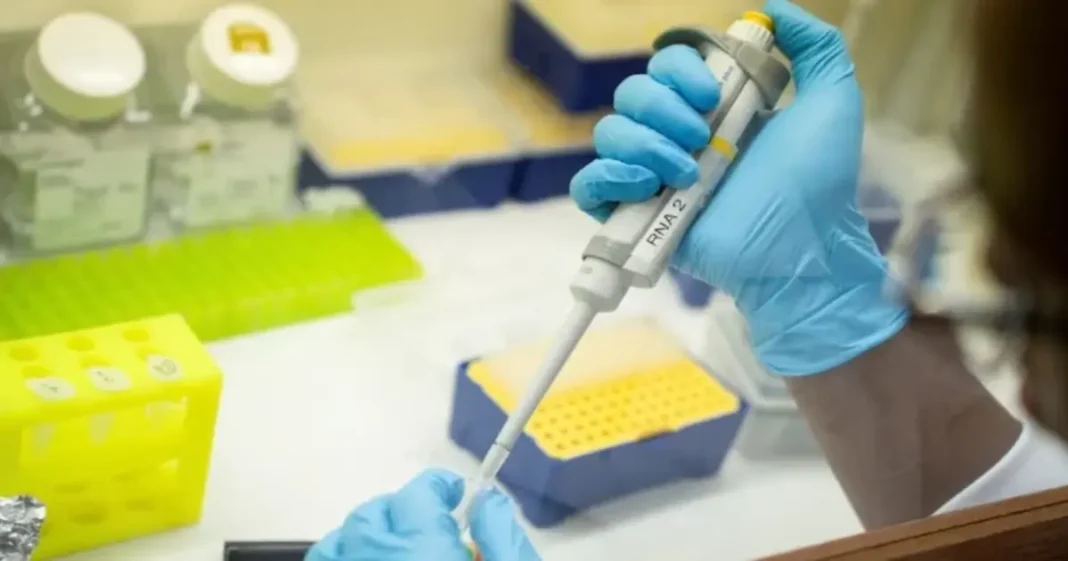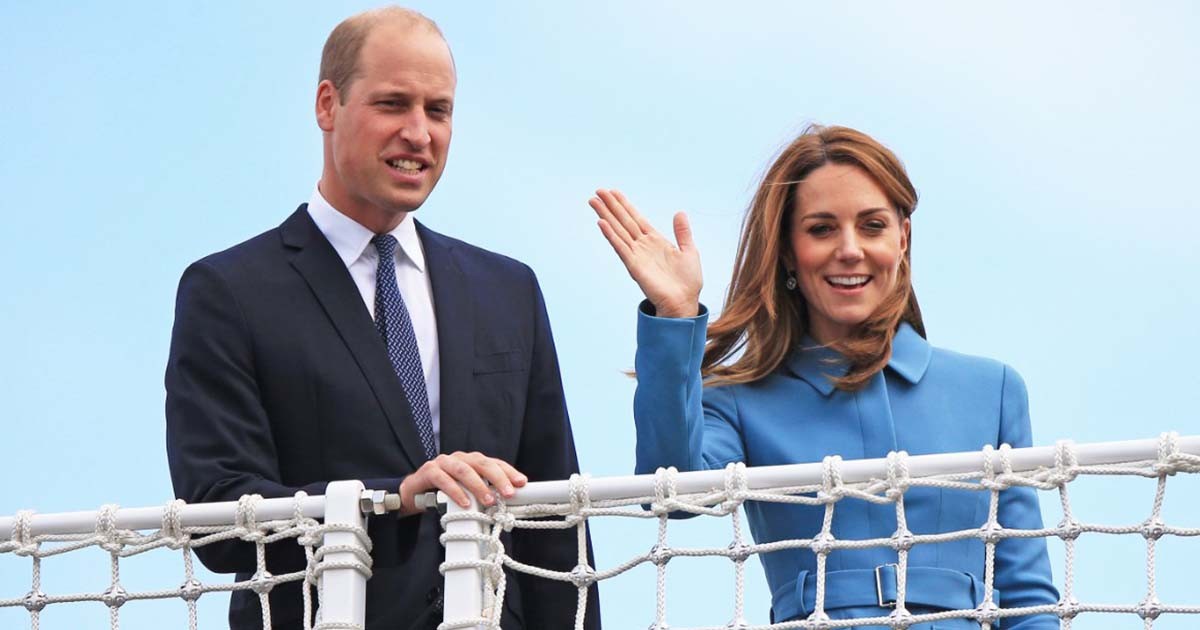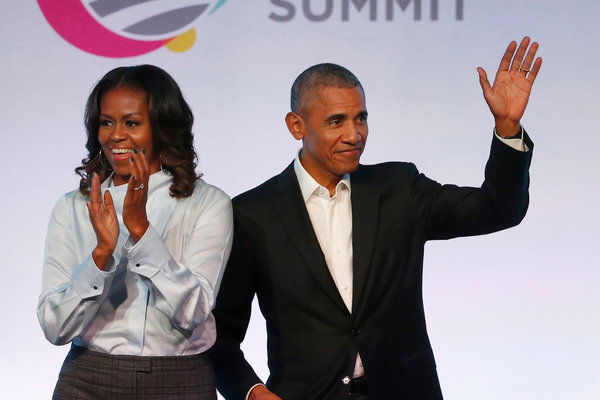A four-year-old girl from Pakistan, suffering from the life-threatening blood disorder beta thalassemia, has become the first foreign minor to be successfully treated with a Chinese-developed gene-editing drug, CS-101. The landmark case was reported by China Daily and confirmed by medical officials at the Children’s Hospital of Fudan University in Shanghai, where the therapy was administered.
A 4-year-old Pakistani girl with severe thalassemia has been successfully treated with a Chinese-developed gene-editing drug, marking the first time the technology has been used on a foreign minor, according to the Children’s Hospital of Fudan University in #Shanghai. #Pakistan… pic.twitter.com/bWz02qFKqQ
— China Daily (@ChinaDaily) May 21, 2025
Read More: Kuwait Resumes Work, Visit, and Tourist Visas for Pakistanis After Nearly Two Decades
Nicknamed Aiza, the young patient had previously depended on monthly blood transfusions for survival. Following treatment earlier this year, her need for transfusions has ended, and she is now living a normal life, her hemoglobin levels stabilizing above 100 grams per litre. A small ceremony was held on Tuesday at the hospital to mark her recovery.
Historic First for Base Editing in Foreign Patients
The experimental drug used, CS-101, is a cutting-edge base-editing therapy developed by CorrectSequence Therapeutics, a Shanghai-based biotech firm affiliated with ShanghaiTech University. The therapy is part of a clinical research initiative launched in 2023 and led by Professor Zhai Xiaowen, vice-president of the hospital and a hematology expert.
Aiza is one of four pediatric patients — and the only non-Chinese — to have received the treatment so far. The drug uses a transformer base editor (tBE) to precisely correct disease-causing DNA mutations responsible for beta thalassemia, a disorder that severely compromises the blood’s ability to transport oxygen.
Base editing is a newer, more precise form of gene editing compared to earlier technologies like CRISPR. It replaces specific “letters” in the DNA code without cutting the DNA strand, reducing the risk of unwanted genetic side effects. According to the developers, this method avoids risks such as chromosomal mutations and off-target effects.
Journey from Pakistan to China
Aiza’s father, Muhammad Adeel, a physicist and former postdoctoral researcher in Hong Kong, discovered CS-101 while searching online for a cure for his daughter. In January 2025, the family travelled to Shanghai to begin treatment.
Doctors harvested Aiza’s hematopoietic stem cells, edited the faulty DNA using CS-101, and reintroduced the modified cells back into her body. Within weeks, her body began producing healthy red blood cells, and her dependence on transfusions ended. At the recovery ceremony, Adeel offered flowers and heartfelt thanks to the medical team, praising both the clinical care and emotional support his family received during the ordeal.
Gene Therapy Gains Ground in China
China has emerged as a global leader in gene therapy development. CS-101 received approval for formal clinical trials in April 2024 from the National Medical Products Administration. Trials are also underway in the U.S. and U.K., but Aiza’s case marks a significant milestone for the international application of Chinese-developed therapies.
Previously, treatment options for severe beta thalassemia included lifelong transfusions or costly stem cell transplants, both of which carried substantial risks. With base editing, the possibility of a one-time cure is becoming increasingly real.
Read More: Leaked Credentials from Google, Apple, Facebook Raise Alarm in Pakistan
Professor Zhai emphasized that this success could accelerate the global clinical translation of China’s gene-editing technology. The hospital and CorrectSequence Therapeutics are now exploring similar treatments for other inherited metabolic disorders.














